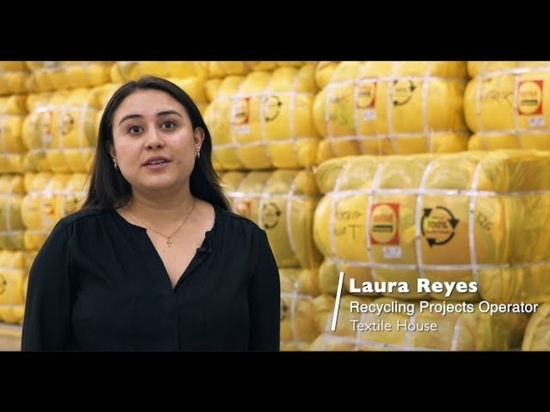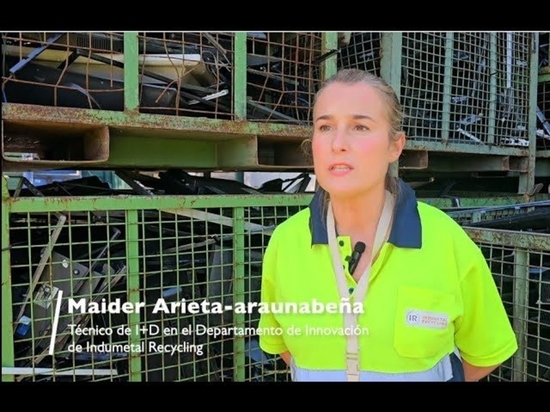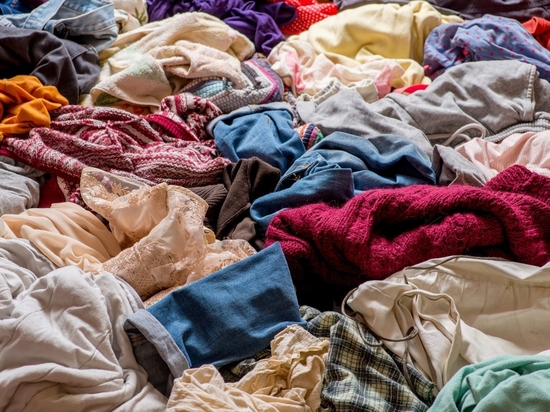
#Industry News
Circular economy, Waste recycling
Circular economy, Waste recycling
Circular economy, Waste recycling
Debunking urban myths about recycling
Fortunately, the majority of the population is aware of the importance of recycling waste, which, after all, is the result of human activity. We should celebrate the increase in those who advocate for it wholeheartedly, as these are people convinced that not recycling properly can lead to significant environmental and, consequently, social costs.
However, unfortunately, certain urban myths still persist that can hinder a practice that is increasingly necessary if we aim to ensure the sustainability of our planet. Among these popular misconceptions, one of the most concerning is the belief that recycling is expensive. Some people think that large investments in collection systems and infrastructure are necessary to recycle. This is not the case. In fact, recycling is economically beneficial and environmentally necessary because it reduces the need to extract raw materials and promotes energy and water savings.
This is confirmed by the United States Environmental Protection Agency (EPA). According to the agency, recycling discarded aluminum cans saves 95% of the energy needed to produce new ones from raw materials. Similarly, recycling paper saves about 60% of the energy required. The EPA also states that recycling glass saves roughly one-third of the energy needed to produce new glass products from virgin materials. In short, proper recycling reduces the carbon footprint.
Contrary to the urban legend that recycling pollutes, there is data that refutes this claim. According to Ecoembes, recycling just six plastic bottles offsets the pollution caused by keeping a car engine running for 10 minutes, not to mention the unpleasant smell from the exhaust, which is harmful to our lungs.
Unfortunately, some people believe that all types of waste are mixed together in garbage trucks. This is incorrect, as trucks used for selective collection separate the waste properly for later sorting and treatment at recycling plants. These trucks have a dual-compartment system inside, allowing them to collect different types of waste without mixing them. Additionally, some believe that separating waste is pointless because everything ends up mixed at landfills. This is not true: proper source separation is crucial for effective recycling. If the waste is clean and well-sorted, it can be recycled more efficiently.
Another false myth, born out of ignorance, is that recycling only involves paper and plastic. Today, most people understand that a wide variety of materials can be recycled, including glass, metals, textiles, electronics, and used oil from kitchens and workshops.
It’s also known that each type of waste follows its own specific recycling process. Not everything is burned in incinerators, as another urban legend suggests, although some places do use incineration as part of their waste management process.
Another misconception is that biodegradable packaging doesn’t need to be recycled. While it’s true that they decompose more quickly, it’s still important to recycle them to reduce landfill waste. There is also a myth that overlooks the significant social benefits of viewing recycling as essential for our civilization.
Have you ever heard that recycling only benefits the environment? Besides reducing pollution, lowering our carbon footprint, saving energy, and conserving raw materials, recycling creates jobs, not just in the waste management industry. According to the report “The Job Creation Potential of Zero Waste Solutions,” published in 2021 by Zero Waste Europe, the waste management sector has the potential to create 2.9 million jobs, considering only the 97 European cities that are members of this organization.
Back in 2012, the European Commission estimated that proper waste management could create over 400,000 jobs and save EU countries 72 billion euros, beyond the environmental benefits. The European Environment Agency (EEA) updated its information in June on the evolution of employment in the environmental goods and services sector. According to the EEA, the waste management sector was the second-largest contributor to the growth of green jobs between 2010 and 2021. During this period, employment grew by over 24%, creating around 259,000 full-time jobs.
In Spain, according to information published by Ecoembes in 2022, recycling waste creates 10 times more jobs than disposing of it in landfills. Ecoembes also noted that this activity created over 42,600 new jobs that year, of which 9,400 were direct jobs.
Winning Strategies
Reduce, reuse, and recycle are key strategies to minimize our environmental footprint. Let’s not forget that. It is important to issue a warning: none of these false myths benefit anyone.
For all these reasons that dispel the numerous urban legends against recycling, it is logical that defending it is on the rise. It is not surprising, therefore, that the number of people who consider it essential for companies in the sector to invest more in R&D&I (research, development, and innovation) continues to grow. The goal is to bring increasingly efficient technological solutions to the market to address recycling processes effectively.
And that is precisely the mission of PICVISA. We are a cutting-edge technology company that provides solutions based on robotics, artificial intelligence, and computer vision. Both nationally and internationally, we operate with the conviction that sooner rather than later, society will debunk all these false legends, most of which are nonsensical, that emerged to oppose waste recycling, without considering that their spread could cause significant harm to ecosystems.





